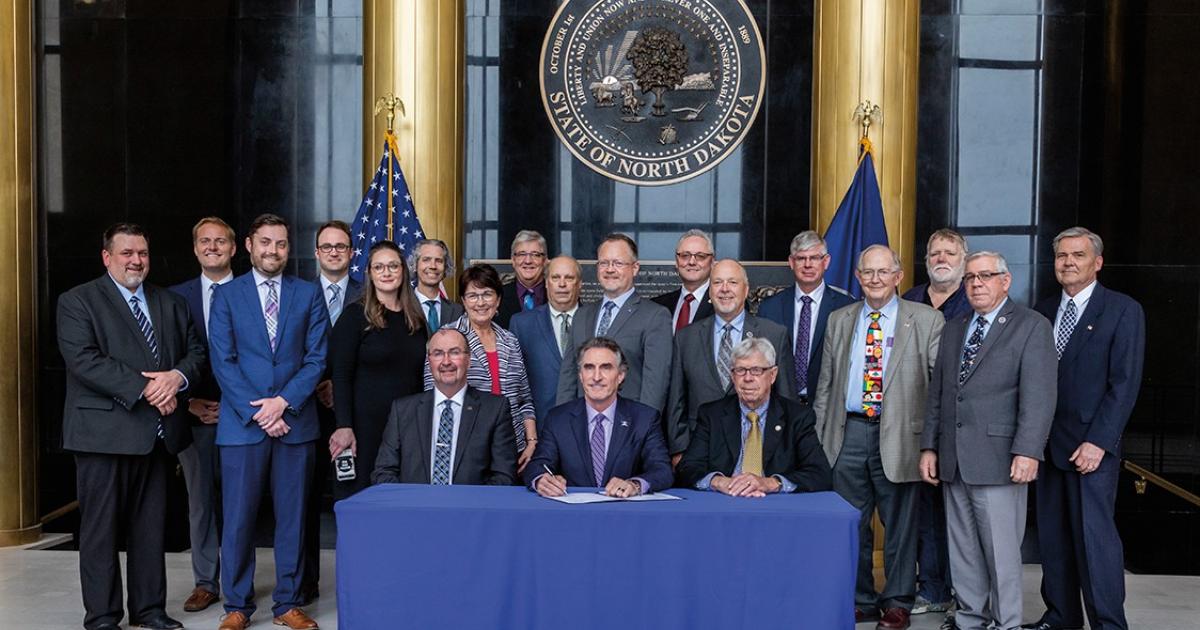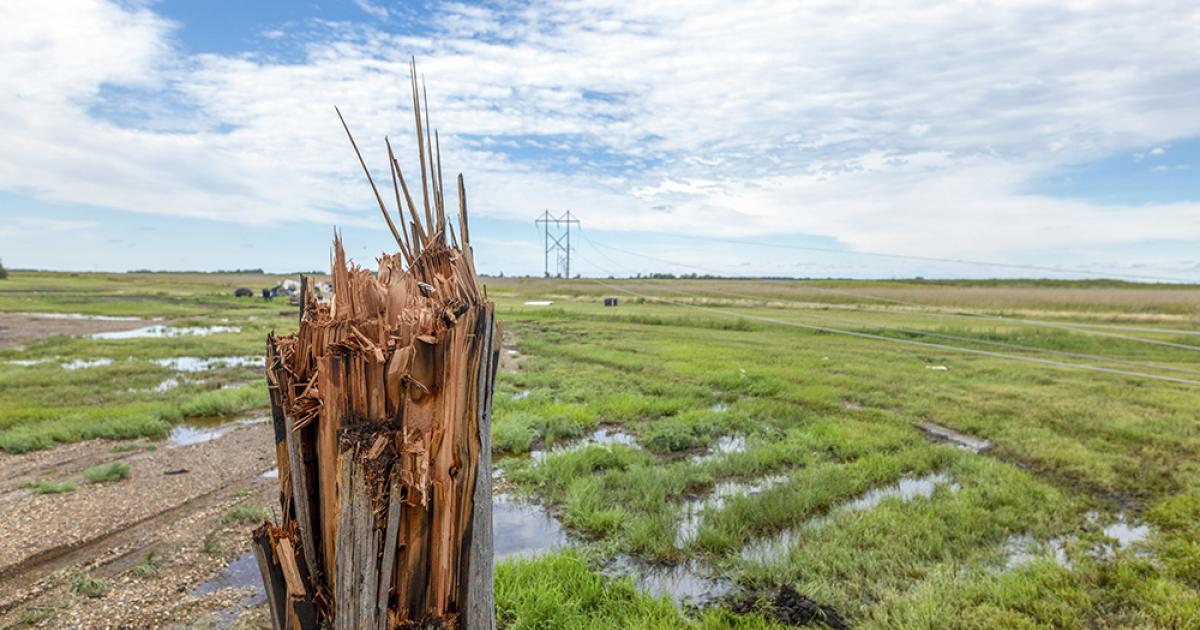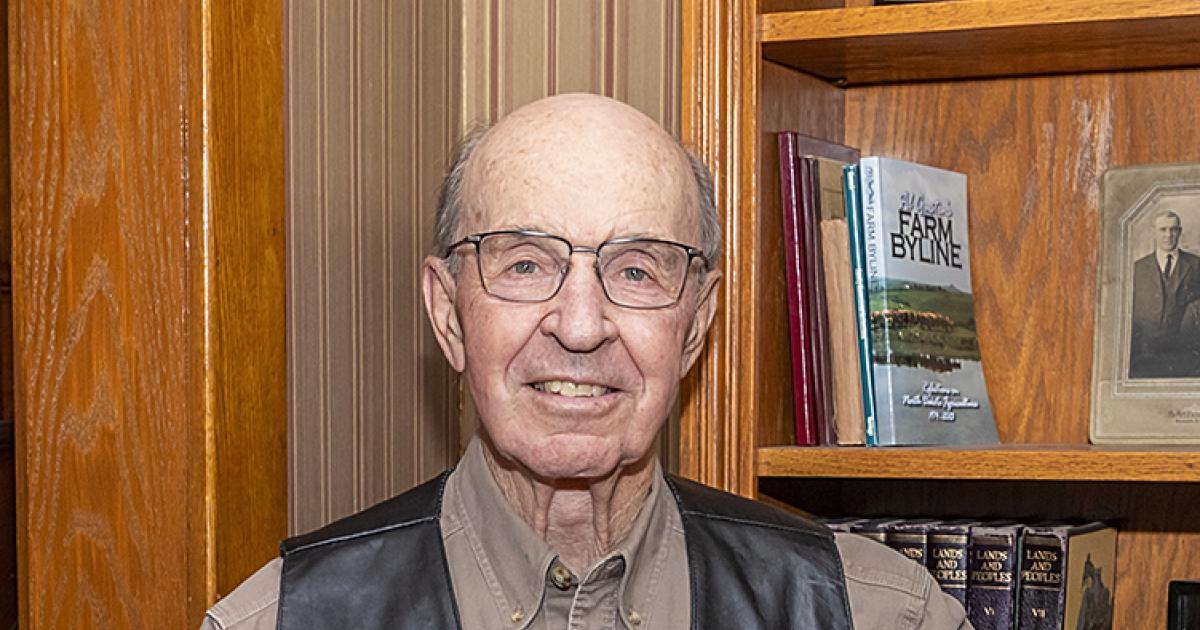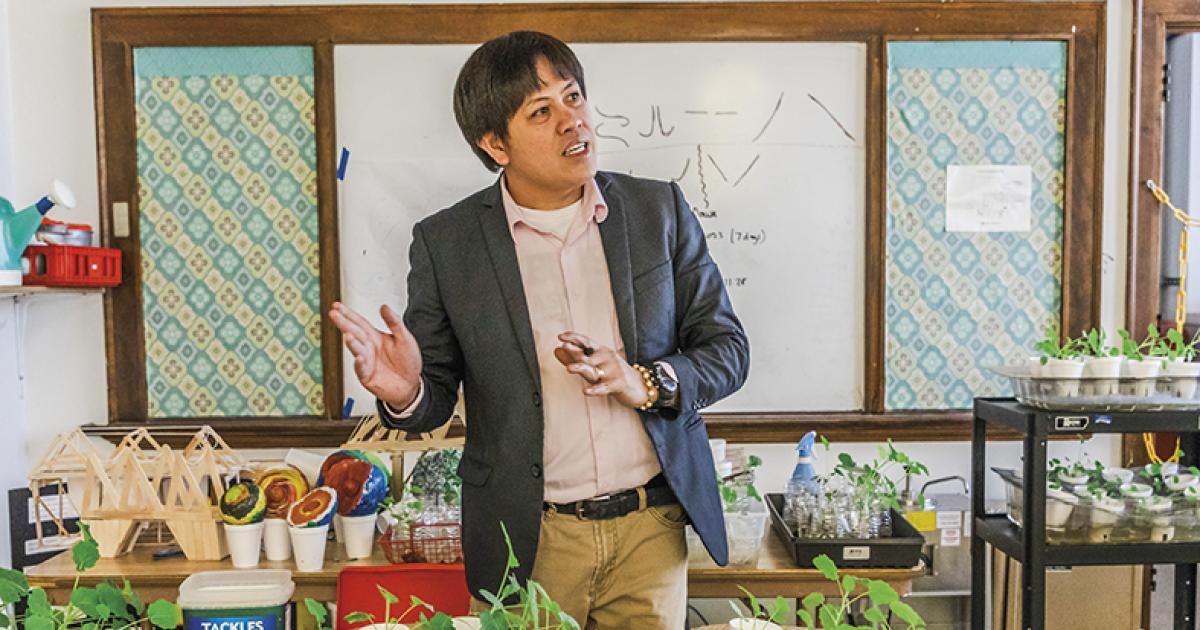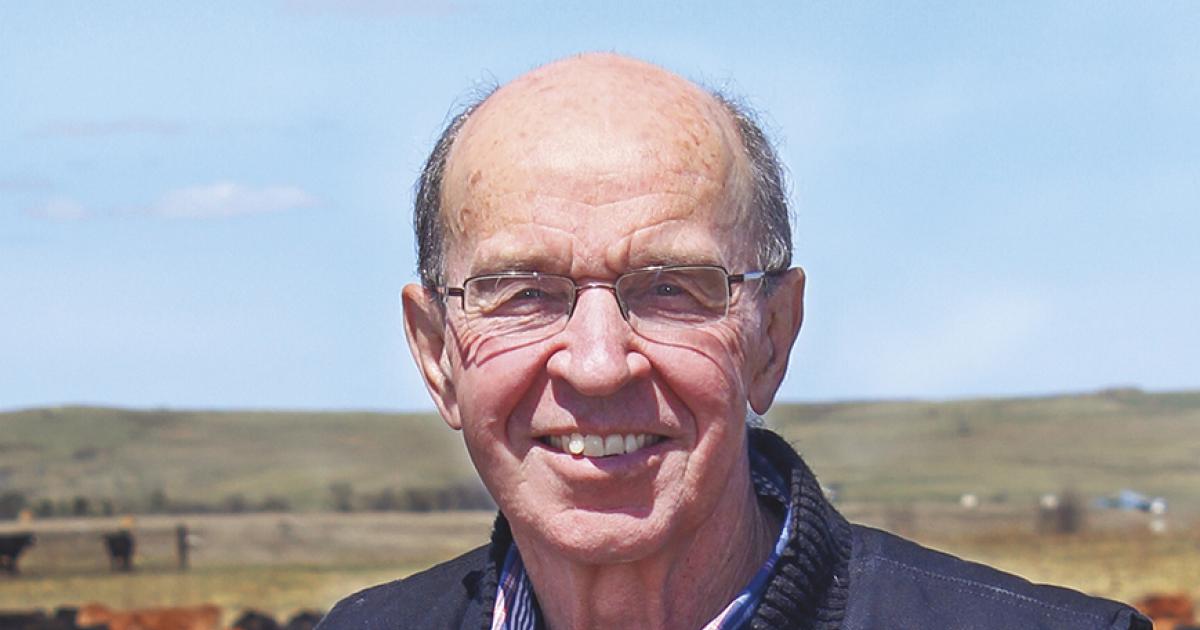For many involved, the convening of the 67th Legislative Assembly was the most difficult in memory, shaped by the challenge of safely conducting a legislative session during a pandemic.
Legislators, staff, citizens and lobbyists adjusted to a legislative process that was more remote by design. While Senate and House of Representatives floor sessions have been broadcast for some time now, the public had remote access to all proceedings of the Legislature for the first time in North Dakota. This included livestreaming of committee meetings and committee work and remote testimony and participation by the public, lobbyists and legislators.
Gov. Doug Burgum signs House Bill 1412 into law. The legislation provides lignite power plant and conversion facility operators five years of immediate tax relief from coal conversion taxes. With the North Dakota lignite industry facing pressures from the federal government and skewed energy market prices, House Bill 1412 will help level the playing field for the lignite industry and make lignite-fueled electricity more competitive on the electric grid. PHOTO BY NDAREC/LIZA KESSEL
While this session marked an incredible accomplishment in transparency and adoption of technology to remove barriers to the legislative process, many still express a preference for face-to-face dialogue on policy. This was true for the North Dakota Association of Rural Electric Cooperatives (NDAREC), the trade association for North Dakota’s electric cooperatives, which advocates for electric co-ops at the Legislature.
As an advocacy organization for electric cooperatives, the positions NDAREC takes at the Legislature ultimately come from the membership. When faced with legislative opportunities and regulatory challenges in Bismarck, NDAREC uses its member resolutions as guidance and direction to advocate for its 21 member cooperatives and the over 250,000 member-owners served by North Dakota’s electric cooperatives.
NDAREC’s Member Resolutions are created and refined during an annual cycle that gives members an opportunity to participate and provide public policy guidance. Participation is both a responsibility and benefit of co-op membership. NDAREC also holds legislative advisory committee meetings with cooperative directors, managers and employees leading up to the legislative session and solicits input from these same groups during legislative sessions and interim periods. Consistent communication between NDAREC and its membership is key to the development of a comprehensive statewide policy platform.
Despite challenging circumstances and a pandemic that made in-person interaction less common, NDAREC had productive conversations with legislators on energy policy and achieved an important mutual objective – ensuring the delivery of reliable, resilient and affordable power for cooperative member-owners from the abundant natural resources the state of North Dakota provides.
KEY BILLS FOR NDAREC
• Senate Bill 2295 (DEFEATED) – Sponsored by Sen. Merrill Piepkorn, D-Fargo, Senate Bill 2295 would have forced electric cooperatives to offer net metering at retail rates and, for the first time, place electric cooperative ratemaking, as it relates to net metering, under Public Service Commission (PSC) jurisdiction. Paul Matthys, vice president of member and energy services for Cass County Electric Cooperative, testified in opposition and provided technical background for the Senate Industry, Business and Labor Committee.
• House Bill 1412 (PASSED) – Sponsored by Rep. Jeff Delzer, R-Underwood, House Bill 1412 provides temporary and critical tax relief to the lignite industry to help make lignite-fueled electricity more competitive on the electric grid. The legislation reduces the full amount of coal conversation taxes paid into the general fund by lignite power plant and conversion facility operators for a five-year period.
• Senate Bill 2152 (PASSED) – Sponsored by Sen. Jessica Bell, R-Beulah, Senate Bill 2152 conforms N.D. Century Code to comply with federal law regarding 45Q tax policy. While previous Legislatures have addressed the utilization of CO2 for enhanced oil recovery, the language of this bill provides that same incentive for carbon dioxide storage.
• Senate Bill 2313 (PASSED) – Sponsored by state majority leaders, Sen. Rich Wardner, R-Dickinson, and Rep. Chet Pollert, R-Carrington, Senate Bill 2313 authorizes the N.D. Transmission Authority to participate in studies and report on the resilience of the electric grid.
• House Bill 1455 (PASSED) – Sponsored by Rep. Dave Nehring, R-Bismarck, House Bill 1455 requires an electric utility to notify the PSC and county auditor if a facility is being considered for retirement. Upon notice of removal from service, the PSC may request the utility provide any applicable reliability study developed with a regional transmission organization in a process that may accept public comment.
Zac Smith is communications and government relations director for the North Dakota Association of Rural Electric Cooperatives. He can be reached at zsmith@ndarec.com.


